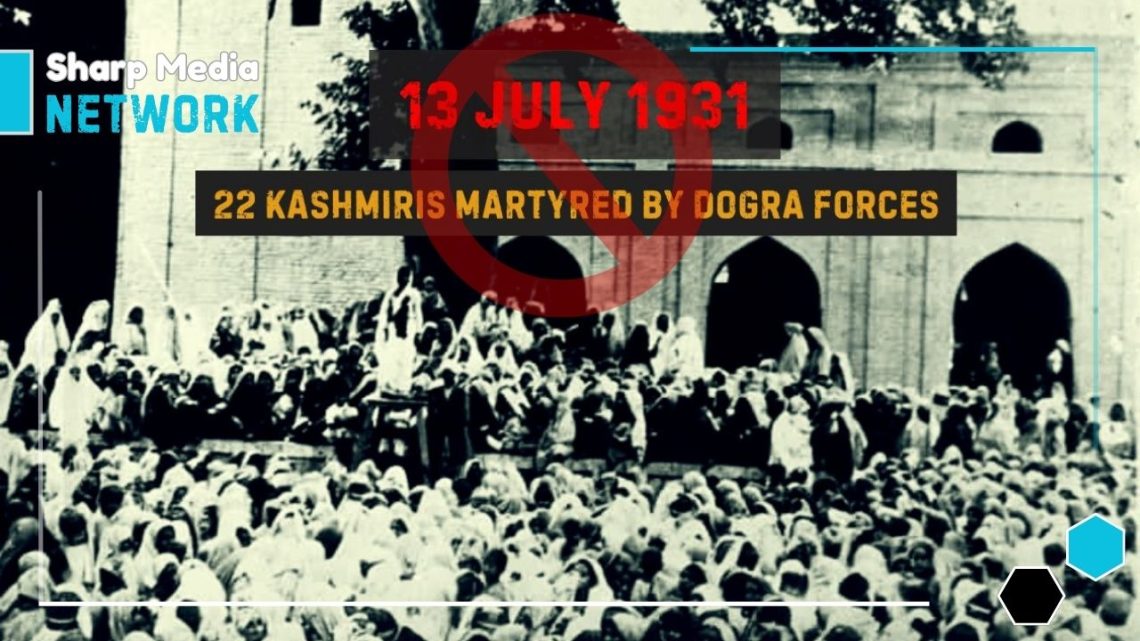
IIOJK Legacy under Attack: Exclusion of July 13 Martyrs’ Day from Holiday List
December 31, 2024The exclusion of July 13 Martyrs’ Day from IIOJK’s holiday list is a deliberate erasure of the region’s painful history and democratic struggles.
In Indian illegally occupied Jammu and Kashmir, the National Conference (NC) has strongly condemned the exclusion of July 13 Martyrs’ Day and other historically significant dates from the 2025 holiday list by the administration of Lieutenant Governor Manoj Sinha. The NC’s chief spokesperson, Tanvir Sadiq, criticized the decision, accusing the BJP-led administration of disregarding Kashmir’s democratic struggles and history. The exclusion of these holidays, especially July 13, symbolizes the ongoing erosion of IIOJK’s identity and its painful past under the current regime.
July 13 holds immense significance in IIOJK’s history, marking the martyrdom of 23 men shot by the Dogra Maharaja’s soldiers in 1931. This day was a public holiday for decades, commemorating the sacrifices made for freedom and justice. However, following the abrogation of Article 370 in 2019, the holiday was scrapped, a move that left many Kashmiris feeling disenfranchised and further alienated from the Indian state.
Tanvir Sadiq, while expressing his dismay, pointed out that although the holiday’s absence in the official list for 2025 is deeply troubling, its significance remains unshaken. He stressed that the holiday was a symbol of IIOJK’s long struggle for its rights, which continues to be disregarded by the current ruling authorities.
Leaders like Mohammad Yousuf Tarigami of the Communist Party of India-Marxist (CPI-M) have also voiced their opposition, calling the exclusion of July 13 an attempt to distort history. He stated that erasing such crucial dates dishonors the sacrifices made for human dignity and freedom. According to Tarigami, the decision is part of a larger pattern aimed at undermining IIOJK’s political and cultural legacy, which has long been an integral part of the region’s identity.
The ruling National Conference, a party that has historically been aligned with the Kashmiri people’s struggle for their rights, has voiced concern about the role of Lieutenant Governor Manoj Sinha. Critics argue that Sinha, seen by many as a puppet of New Delhi, is carrying out directives from the central government to erase IIOJK’s political and cultural history. The exclusion of these holidays only intensifies the debate over the BJP’s stance toward Kashmir and its historical context.
This move has reignited discussions around IIOJK’s identity, its past struggles, and the current political landscape under the BJP’s rule. As more voices from IIOJK join the chorus of opposition, it is evident that the people of the region remain determined to preserve their historical narrative and fight for the recognition of their sacrifices.

